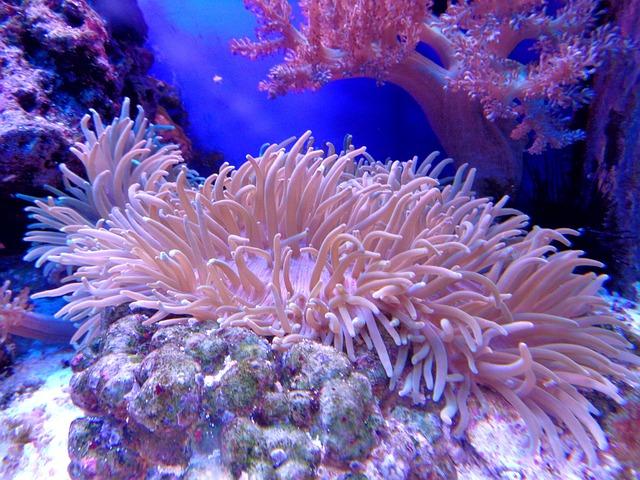Introduction
Coral reef restoration initiatives have seen significant progress in recent years, with dedicated efforts aiming to preserve and restore these vital marine ecosystems. This article will delve into the latest developments in coral reef restoration, exploring key techniques, success stories, challenges faced, funding sources, and the future outlook.
Techniques Used in Coral Reef Restoration
Image search terms:
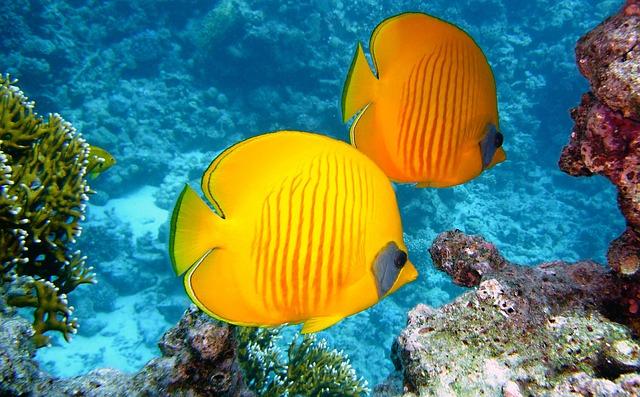
(Image: Pixabay/@joakant)
Coral reef restoration employs various techniques to rehabilitate damaged reefs. One common method is coral gardening, where coral fragments are grown in nurseries before being transplanted onto degraded reef areas. Another approach involves the use of artificial structures like coral trees or structures made of recycled materials to provide a substrate for new coral growth.
Furthermore, scientists are exploring innovative methods such as assisted evolution, where corals are bred for resilience to stressors like rising sea temperatures and ocean acidification. These techniques aim to enhance the survival chances of newly planted corals and promote the overall health of reef ecosystems.
Success Stories in Coral Reef Restoration
Image search terms:
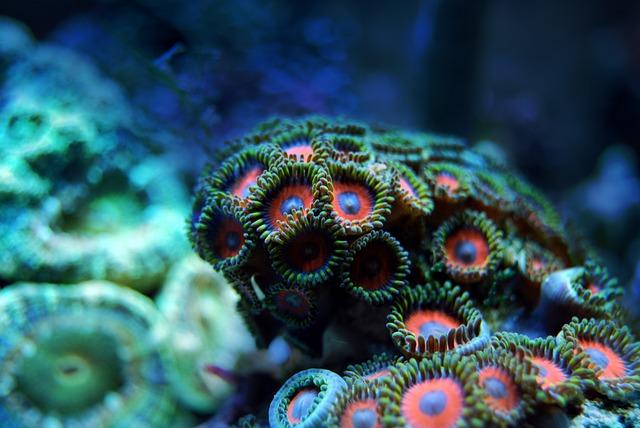
(Image: Pixabay/@marcelokato)
Several coral reef restoration projects worldwide have demonstrated positive outcomes, showcasing the effectiveness of conservation efforts. For instance, the Reef Resilience Network has successfully restored damaged reefs in locations like the Caribbean and the Indo-Pacific by engaging local communities and implementing sustainable practices.
In addition, collaborative initiatives between governments, NGOs, and research institutions have led to the revival of coral populations in areas previously considered beyond recovery. These success stories inspire hope for the future of coral reefs and highlight the importance of active conservation measures.
Challenges in Coral Reef Restoration
Image search terms:
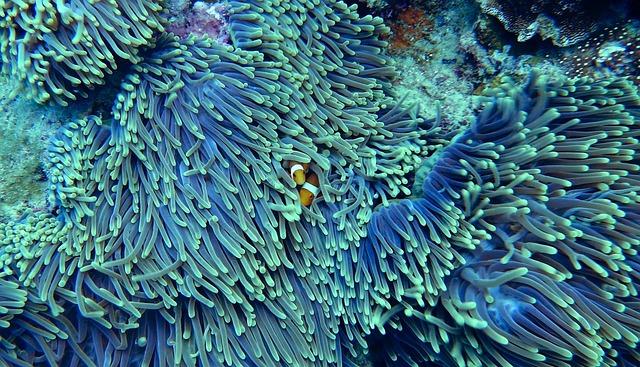
(Image: Pixabay/@Pexels)
Despite the progress made, coral reef restoration faces several challenges that hinder its efficacy. Climate change remains a significant threat, with warming oceans causing coral bleaching events and hindering the growth of newly transplanted corals. Pollution, overfishing, and habitat destruction further compound the challenges faced by restoration efforts.
Limited funding and resources also pose obstacles to scaling up restoration projects, as large-scale interventions require substantial financial investment and long-term commitment. Addressing these challenges is crucial in ensuring the success and sustainability of coral reef restoration initiatives.
Sources of Funding for Coral Reef Restoration
Image search terms:
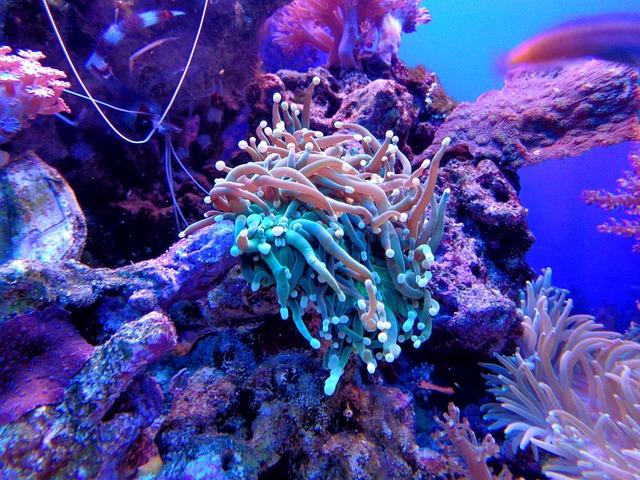
(Image: Pixabay/@AliceKeyStudio)
Coral reef restoration projects rely on diverse sources of funding to sustain their activities and expand their impact. Governments, philanthropic organizations, and private donors play key roles in providing financial support for restoration efforts. International collaborations and funding mechanisms, such as the Global Fund for Coral Reefs, also contribute to the financing of large-scale restoration projects.
Furthermore, sustainable tourism practices and partnerships with businesses in the marine sector can generate revenue streams for reef restoration initiatives. By diversifying funding sources and promoting stakeholder engagement, coral reef restoration projects can secure the resources needed to protect and restore these valuable ecosystems.
Future Outlook for Coral Reef Restoration
Image search terms:
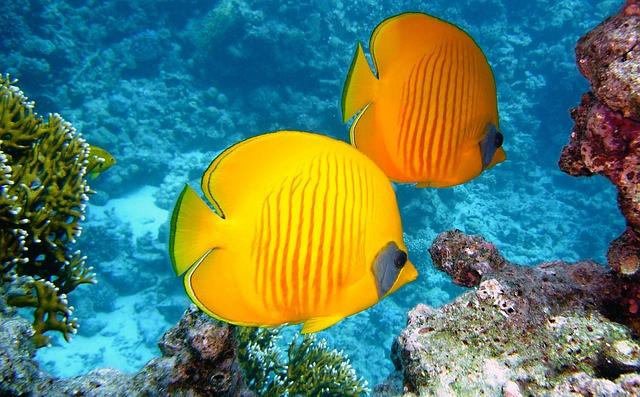
(Image: Pixabay/@joakant)
Looking ahead, the future of coral reef restoration holds both challenges and opportunities. Advancements in technology, such as AI-driven monitoring systems and genetic editing tools, offer new possibilities for enhancing restoration outcomes and building resilience in coral reefs. Scientific research and community involvement will continue to be crucial in shaping effective conservation strategies and promoting sustainable practices.
By prioritizing long-term sustainability, fostering collaborations across sectors, and raising awareness about the importance of coral reefs, we can work towards a future where these vibrant marine ecosystems thrive once again.
Conclusion
In conclusion, coral reef restoration efforts have made significant gains in recent years, showcasing the potential for restoring and preserving these vital marine ecosystems. By leveraging innovative techniques, securing adequate funding, and addressing key challenges, we can pave the way for a brighter future for coral reefs worldwide.
FAQs
What are some key factors influencing coral reef restoration success?
Response: Factors such as water quality, proximity to healthy reefs, community engagement, and the presence of suitable restoration sites can influence the success of coral reef restoration efforts.
How can individuals contribute to coral reef conservation?
Response: Individuals can support coral reef conservation through sustainable practices like reducing carbon emissions, minimizing plastic pollution, and advocating for marine protection areas.

